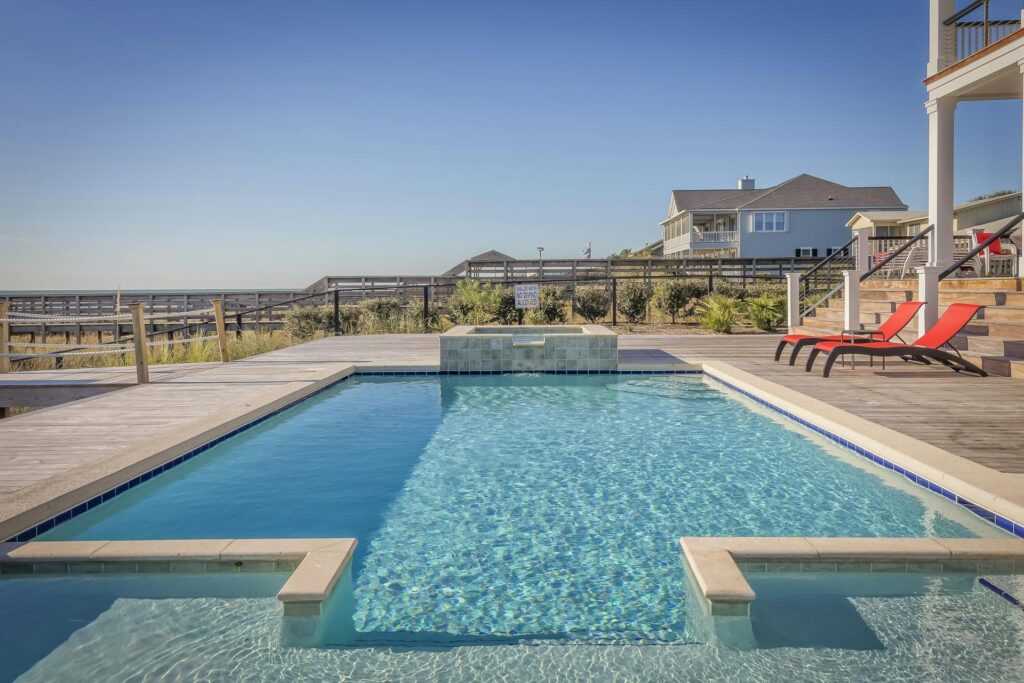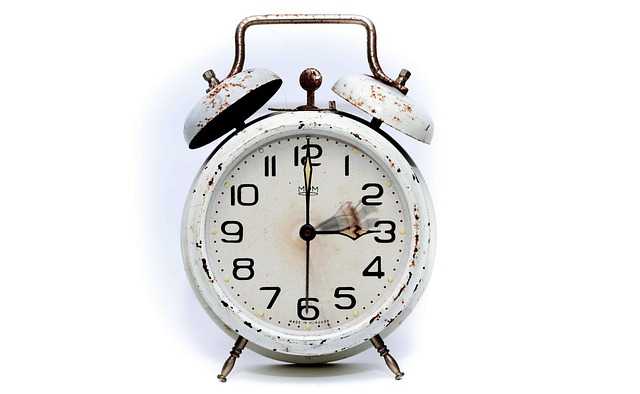For decades, backyard pools have symbolized luxury, family fun, and the ultimate summer escape—especially in a sun-drenched city such as Dallas. But in recent years, local homeowners are reversing course. Instead of adding new pools, many are choosing to remove them altogether. From suburban neighborhoods to upscale urban enclaves, the rate of swimming pool removal in Dallas, TX is rising—and it’s not just a passing fad.
What’s causing this shift in a region famous for its long, hot summers? It turns out the reasons are both practical and personal. Whether it’s maintenance fatigue, evolving family needs, or the desire for a more sustainable lifestyle, Dallas homeowners are rethinking the value of their pools. Below, we explore the factors behind this growing trend and what it says about how outdoor living is changing in the Lone Star State.
A Shift in Lifestyle Priorities
Pools were once seen as the crown jewel of a family-friendly backyard. But as lifestyles evolve, many homeowners are finding that the time they once spent lounging poolside has been replaced by different pursuits. For families with grown children, the pool often sits unused for most of the year. Others are prioritizing outdoor spaces that better match their current interests—whether that’s gardening, grilling, or simply enjoying a quiet, low-maintenance patio.
The modern lifestyle is fast-paced, with little time for weekly pool maintenance or daily skimming during the summer months. Even leisure time looks different now, with more emphasis on versatile, year-round outdoor experiences. A pool, while once a sign of prestige, can now feel restrictive, taking up space that could be used more creatively. Many Dallas homeowners are choosing to repurpose their backyards into areas that offer greater functionality and align with how they actually live.
Maintenance Costs and Time Commitments
Owning a pool in Dallas isn’t just about the initial installation—it’s a long-term financial and time investment. High summer temperatures mean pool water evaporates quickly, chemicals are consumed faster, and mechanical systems work harder. Costs can easily spiral to several thousand dollars annually, especially when professional maintenance services are involved.
Between chemicals, electricity, cleaning supplies, and inevitable repairs, pool ownership can feel like a part-time job. This is especially true for aging pools that begin to require more frequent—and expensive—upkeep. For many, the return on investment just isn’t worth it anymore. The rising cost of pool care, combined with inflation and labor shortages in the service industry, is motivating many Dallas homeowners to pull the plug, both literally and figuratively.
Questionable Impact on Home Value
There’s a common belief that pools add value to a home, but that’s not always the case—particularly in Dallas. While some buyers see pools as a perk, others view them as a burden or liability. Families with small children often worry about safety. Others are deterred by the idea of inheriting the maintenance responsibilities. In fact, real estate agents report that pools can sometimes make a home harder to sell, especially if the pool is outdated or requires repairs.
Today’s buyers often prefer a clean, flexible outdoor area they can personalize to their own tastes. A fresh lawn, fire pit, or shaded patio space often has broader appeal than a pool that may only get used a few months each year. For homeowners considering selling in the near future, removing a pool can actually increase their chances of closing a deal—and at a better price point. Removing the pool becomes a smart move, not a regrettable one.
Environmental Concerns in a Drought-Prone Region
Water conservation is becoming a major consideration for Dallas homeowners. As North Texas grapples with hotter summers and more frequent drought conditions, the sustainability of water-intensive features like pools is coming into question. Maintaining a backyard pool means constantly battling evaporation, refilling water levels, and using pumps that consume significant electricity.
Environmental awareness is influencing personal choices, even in areas historically known for expansive lawns and oversized outdoor amenities. Many Dallas residents are choosing to swap their pools for eco-friendly alternatives such as xeriscaping, native gardens, or permeable hardscaping—all of which reduce water use and lower utility bills.
Safety and Liability Issues with Aging Pools
A significant number of pools in Dallas were built in the 1980s and 1990s. As these pools age, so do the components that keep them safe and functional. From cracked tiles and corroded plumbing to faulty lighting and outdated fencing, the list of potential hazards grows with each passing year. These issues aren’t just cosmetic—they can pose real risks to users and significant liabilities for homeowners.
Insurance companies are increasingly scrutinizing pool features during policy renewals or new applications. Some may raise premiums, require repairs, or even deny coverage if safety standards aren’t met. For homeowners with young children or grandchildren, the decision to remove a pool is often rooted in a desire to eliminate a potential danger entirely.
Changing HOA Rules and Neighborhood Preferences
In many Dallas neighborhoods, particularly those governed by homeowners associations (HOAs), rules around outdoor aesthetics and property features are getting stricter. Pools that fall into disrepair or conflict with updated community guidelines can become a source of tension between homeowners and their HOAs.
Some HOAs may enforce pool safety upgrades, noise restrictions, or even demand landscaping changes around a pool area. These requirements can be costly and burdensome, especially if the pool is no longer central to the homeowner’s lifestyle. As neighbors opt to remove their pools and upgrade their yards with modern landscaping or communal features, that trend gains momentum.
Outside of formal HOAs, community norms play a role as well. A block once known for backyard pools may now be known for stylish outdoor kitchens or firepit lounges. Homeowners often take cues from their surroundings, and when pool removals become common, they’re less likely to fear judgment and more likely to follow suit.
Aging in Place and Planning for the Future
As Dallas’s population ages, more residents are planning to age in place. For many, this means rethinking home features that may pose future challenges—including pools. Steep steps, slippery surfaces, and uneven decking create hazards that can become more pronounced with age. Seniors looking to stay in their homes long-term are often prioritizing safety and accessibility over aesthetics.
Instead of investing in expensive pool renovations to make them senior-friendly, some are choosing to remove the pool altogether. This opens up the yard for safer, more practical alternatives: raised garden beds, shaded seating areas, or paved walking paths. These features not only make the home more livable but also align with a slower, more relaxed lifestyle that aging homeowners increasingly desire.
Removing a pool can also simplify future estate planning or reduce concerns for adult children tasked with managing their parents’ property later on. It’s a forward-thinking choice with emotional and financial benefits.
Final Thoughts
The rise of pool removals in Dallas may seem counterintuitive at first, especially in a city known for sweltering summers. But dig deeper, and it’s clear that this trend reflects a broader shift in homeowner values. Flexibility, sustainability, safety, and functionality are winning out over tradition. Whether it’s a change in lifestyle, a concern for the environment, or a smart financial move, Dallas homeowners are proving that backyard luxury doesn’t have to mean a pool—it can mean so much more.


 is a seasoned fitness expert with a special focus on swimming and holistic health strategies. With years of experience as a competitive swimmer and fitness coach, Patricia offers readers a wealth of knowledge on optimizing performance and maintaining a balanced lifestyle. Her writing on Swim Fast Stay Fit reflects her commitment to empowering others with practical advice and motivational insights. Patricia’s approach integrates advanced training techniques with accessible wellness tips, aiming to help individuals achieve their personal fitness goals and enhance their overall quality of life. Through her engaging articles, Patricia inspires readers to embrace a comprehensive approach to health, combining effective exercise routines with mindful nutrition and self-care practices.
is a seasoned fitness expert with a special focus on swimming and holistic health strategies. With years of experience as a competitive swimmer and fitness coach, Patricia offers readers a wealth of knowledge on optimizing performance and maintaining a balanced lifestyle. Her writing on Swim Fast Stay Fit reflects her commitment to empowering others with practical advice and motivational insights. Patricia’s approach integrates advanced training techniques with accessible wellness tips, aiming to help individuals achieve their personal fitness goals and enhance their overall quality of life. Through her engaging articles, Patricia inspires readers to embrace a comprehensive approach to health, combining effective exercise routines with mindful nutrition and self-care practices.
